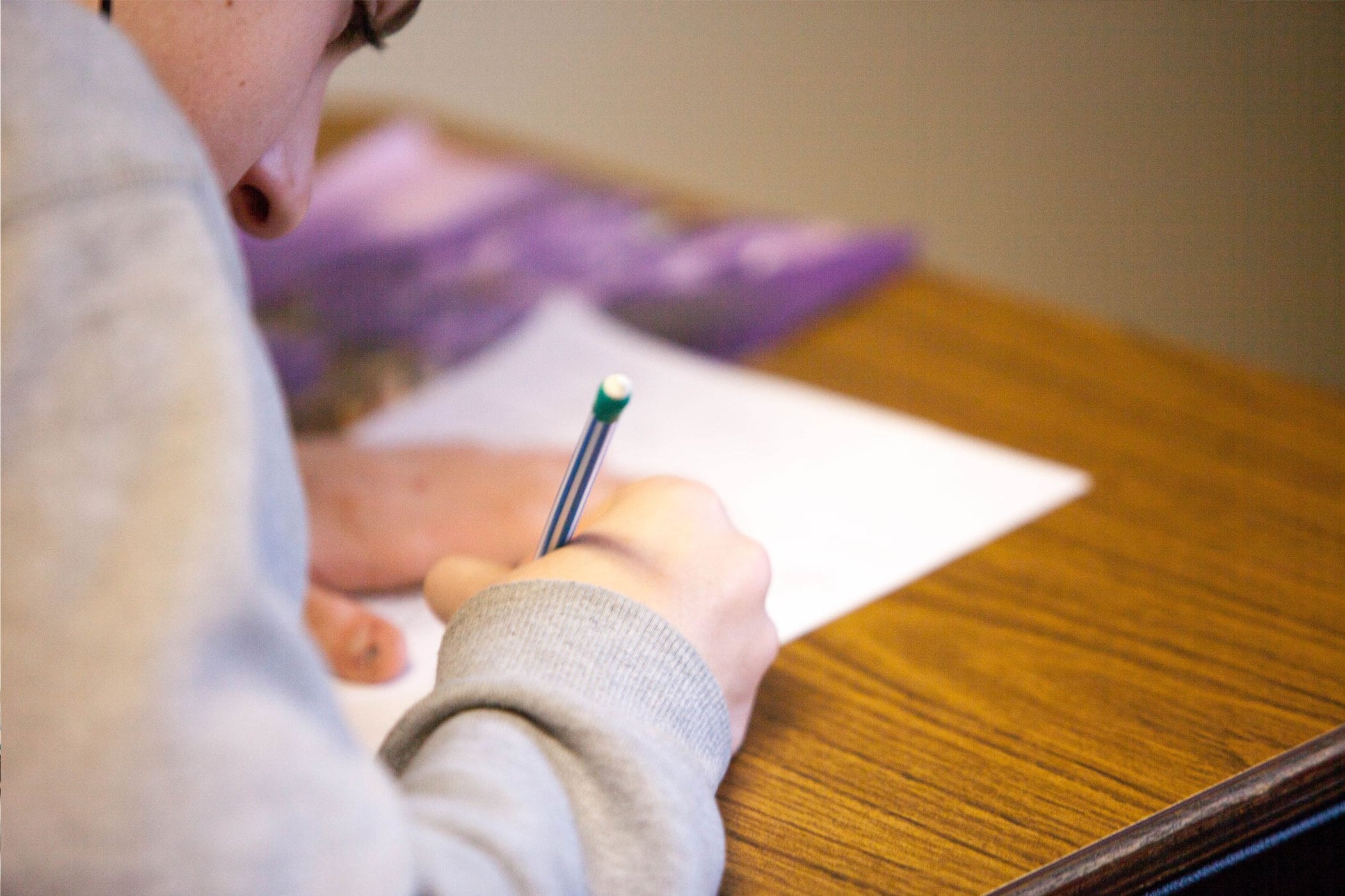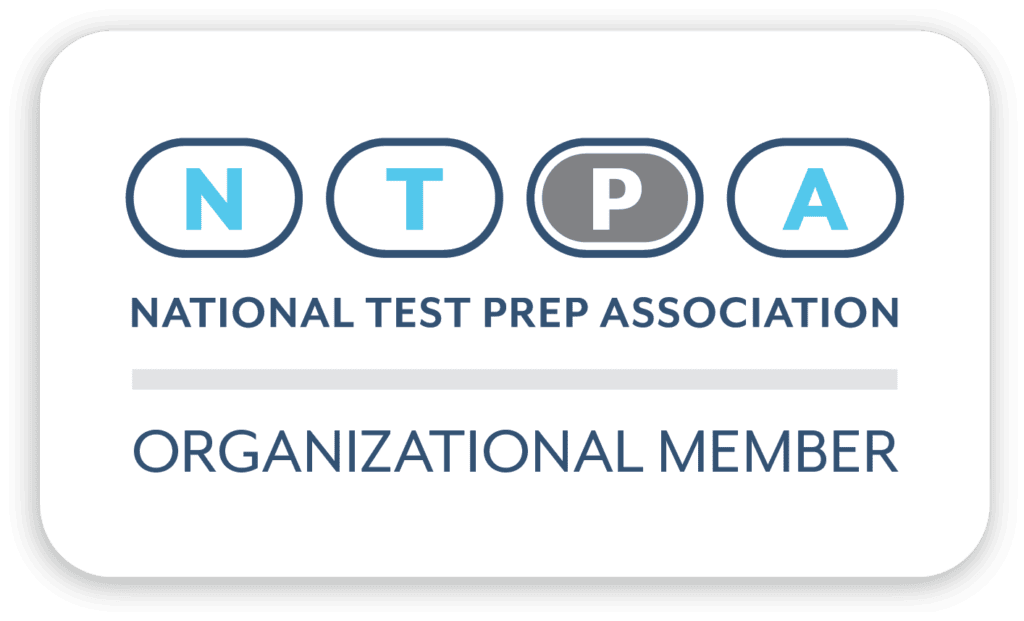In today’s era of test-optional admissions, many students and parents wonder whether there is anything to gain by taking the SAT or ACT. So far, data suggest that students who submit test scores are admitted to college at higher rates, suggesting that competitive test scores increase a student’s likelihood of getting into a competitive college. Of course, we must separate correlation from causation: maybe the students who submit test scores are simply stronger candidates overall, and maybe their test scores did not make a difference in their admissions process. Maybe. But for as long as there are colleges that consider test scores, the SAT and the ACT will be a rite of passage for many high school students. But testing is much more than an obligation or a hurdle – it’s an opportunity for students to develop skills and habits that will help them to be more effective and successful college students.
Having spent more than a decade and tens-of-thousands of hours helping students get ready for tests like the SAT and ACT, I’ve come to understand that the experience of preparing for and taking these tests, and what students gain from this process, can be truly transformative.
Bridging the Gaps
Nearly every student has some gaps in their content knowledge, and we’re seeing these gaps grow wider and more frequent as a result of COVID-related interruptions in students’ education. Every day, we encounter students who have never really grasped how to create a system of linear equations from a word problem, or who don’t know when and how to use a colon. The SAT and ACT provide a unique and valuable opportunity for students to identify and address these gaps in knowledge so that they don’t find themselves struggling when they encounter the content in college.
Navigating Complex Texts
Primary source documents related to history and science are an important component of many college degree programs, and the ability to effectively navigate these texts is essential to a wide range of professions. The SAT (and, to a lesser extent, the ACT) includes texts with complex arguments and sophisticated phrasing for the purpose of testing students’ ability to summarize, paraphrase, and compare. Surely these tests only scratch the surface of what students could learn from each of the passages they encounter, but the act of analyzing arguments is a valuable practice for a world in which rhetoric is so often used to disguise a lack of substance.
Practicing What Is Difficult
Whether we’re learning a musical instrument, studying for a final exam, or preparing for basketball tryouts, if we want to get better at something, we have to practice the parts of it that are most difficult. I have this conversation with each of my students because it is important to understand that much progress happens at the margins, and we can maximize our outcomes by strategically identifying what we need to improve and then allocating our time and attention accordingly. The SAT and ACT are perfect proving grounds. On each test, a student can identify what is hardest for them and then actively engage with the relevant content area, whether that entails learning to look for logical sequences of sentences or graphing circles in the XY plane. This requires some degree of discomfort – we have to accept our limitations and then address them head-on. However, when a student learns the value of approaching this discomfort, they understand something very important about the nature of progress, and they are empowered to apply this strategy to any skill they wish to develop.
Managing Time Effectively
The key to timing on the SAT is efficiency. Test-taking efficiency means knowing what information we need, where to find it, and what tools to use. But efficiency also means making smart decisions about how we allocate our attention, which requires self-awareness. There are times when a student is working on a difficult question and really needs to dig in and fight with it – they know they can get the answer, they just have to put in the work. There are also times when that same student should cut and run, moving on from a frustrating problem in order to get to questions that they are more likely to get right. When a student works on timing on the SAT or ACT, they have the opportunity to reflect on their process and to think about where and how they invest their time and attention.
Embracing the Grind
One of the wonderful aspects of helping students prepare for the SAT or ACT is that we get to work with them through a period of remarkable transition. At the start of the process, many students are meeting with a tutor because their parents are making them. There’s a strong sense of parental oversight, and the student is, in a certain sense, along for the ride. But something important happens during the months that follow. The student develops more independence, they begin to see themselves as future college students, and they become invested in the process – not for their parents, but for themselves. When this shift happens for a student, they are making a very important choice: they are choosing to do something difficult, something they might not want to do, because they have determined it will benefit their future self and it’s worth their effort.
The Power of Incremental Progress
It takes time for a student to meaningfully improve their score on the SAT or ACT. On some days the progress is obvious, and other days can feel like we’re taking one step forward and two steps back. But when we stick with it, when we come back to it even after frustrating days, inevitably we begin to see growth. Life is filled with opportunities to learn this important lesson about the nature of progress, from learning a new language to picking up a new hobby, but few are as clearly quantifiable or come at such a crucial point in a student’s journey toward maturity and independence.
One of the most rewarding moments in working with a student also tends to be one of the last: a student has just received their test scores and learned that they achieved their goals. They are happy with their results, optimistic about their future, and relieved to be done with the SAT. At this moment, I like to ask them “how did this happen?” More often than not, the answer is ‘I worked hard’ or ‘I stuck with it’. For a surprising number of students, this is a revelation – the idea that If they put in hard, thoughtful work, if they practice what is difficult, and if they stick with it even when it’s frustrating, they can and will achieve their goals. And this understanding is more important to college readiness than any test score.






